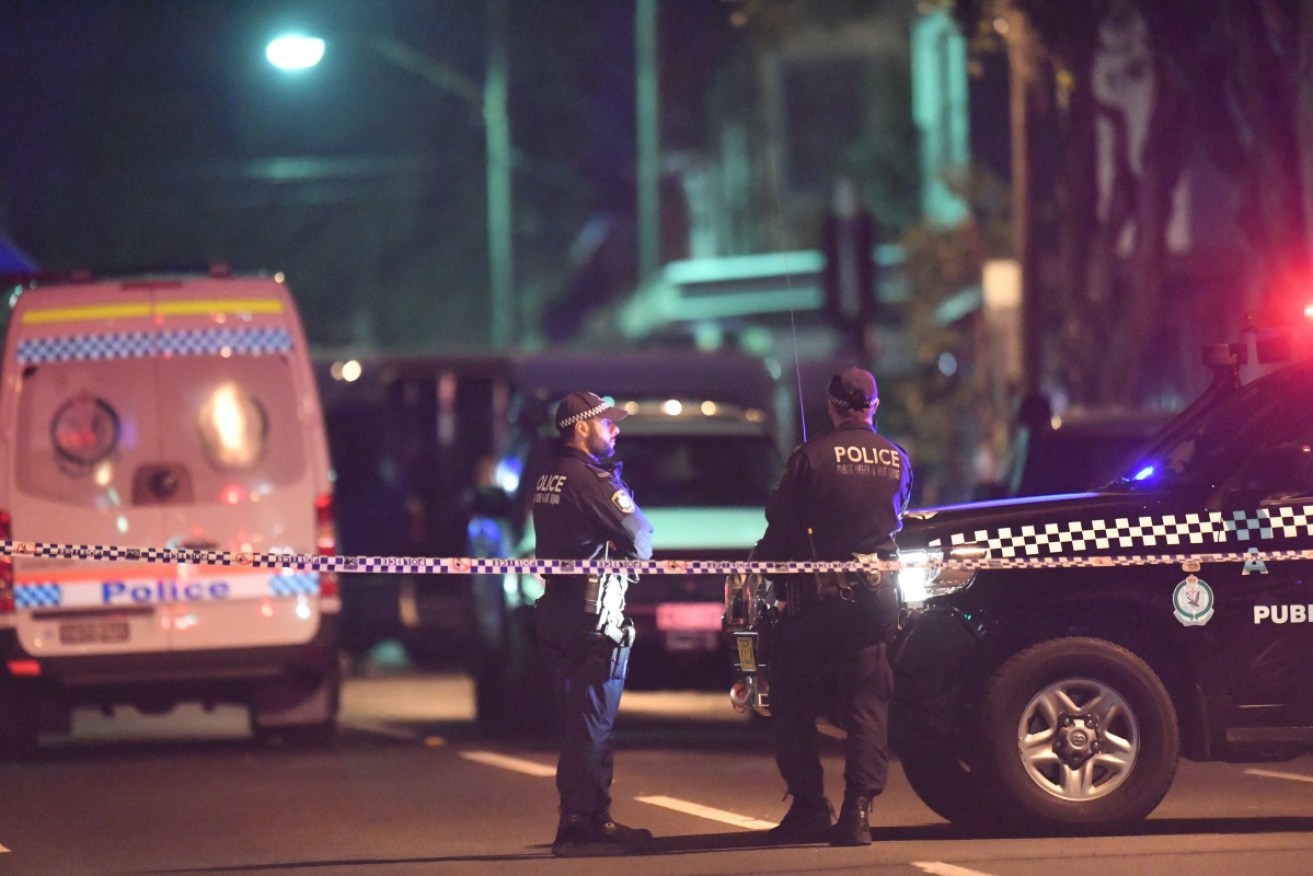Listen and reassure when talking to children about terrorism


Experts weigh in on how to talk to children as terrorism dominates the media cycle Photo: AAP
Media coverage of terror threats means children are often exposed to violence they may not comprehend and explaining traumatic events without frightening them can be challenging.
In its published guidelines to parents and carers, the Australian Psychology Society (APS) says it’s important to listen to children’s fears and let them know their feelings are normal.
But parents should also remind them the world is full of good people by focusing on “the helpers and the heroes”.
“Reassure children and let them know that they are safe and are being looked after, and that nothing bad will happen to them personally,” the APS says.
“Leave children with a sense of security but also hope, and help them to see that their world is basically a safe place, people are usually good.”
Simon Crisp, from Neo Psychology, said it was critical to focus on the people who saved lives or helped out.
Parents could also find their children something positive to do, like donating clothes, to let them know they can have an impact on the world. This can help children to see that humans have a strong spirit of survival.
Pre-school aged children
Dr Crisp said younger children should be shielded from distressing media coverage where possible. If they do start asking questions, parents should accurately explain what happened.
“Parents should be perceived by their children as reliable, trustworthy and dependable,” he said.
“Rather than saying, ‘that’s not something you should worry about’ –which discourages communication – any question should be answered as honestly as you’re able to.
“If [parents] dismiss it too prematurely, the child will be left to fill in the gaps and misinterpret things inappropriately.”
Dr Crisp said younger children could distort the news or believe an international terrorist attack has more impact on their lives than it really does.
“As adults, we understand we have – by and large – extremely effective ways of keeping things in check and keeping people safe.”
APS added that it was important to “let children be children”, and parents should make more time to play with their kids through distressing events.

Queues at Sydney Airport on Monday stretched out the doors and onto the footpath due to heightened security after terror raids on Saturday. Photo: AAP
School-aged children
For primary school-aged children, parents should try to clarify misconceptions and contextualise distressing news.
“Parents need to explain there are some bad people in the world, but it might only affect them well outside their immediate sphere,” Dr Crisp said.
“Move on to the fact there’s a vast majority of people who are good to each other.”
Younger children will likely overhear information from older students, or from peers with older siblings.
Dr Crisp said they might have an inability to understand what they hear, and parents should translate or reframe it so the child can contextualise it.
Older children need the chance to have an in-depth conversation to help them make sense of events and process their feelings, according to APS.
Don’t over-simplify distressing events
The UK-based National Society for the Prevention of Cruelty to Children (NSPCC) also released a guide in May urging parents to avoid stereotypes and black and white answers.
“Help children to separate angry thoughts and feelings about specific people who behave in cruel ways from the larger cultural or religious group to which those people may belong,” the NSPCC guide said.
Calmly explain that comments like this are not acceptable.
“Explain that most people are as scared and hurt by the attacks as your child is. You could ask them how they think the other child felt, or ask them how they felt when someone said something unkind to them.”
NSPCC said parents should look out for bullying or harassment following terrorist attacks.
“Some children may feel targeted because of their faith or appearance. Often children might feel scared or embarrassed, so reassure them it’s not their fault that this is happening.”








